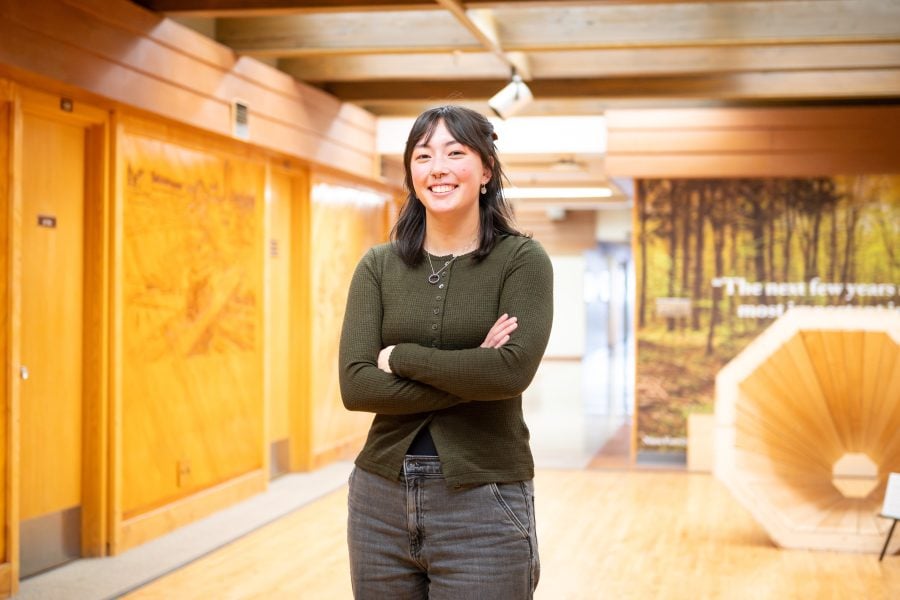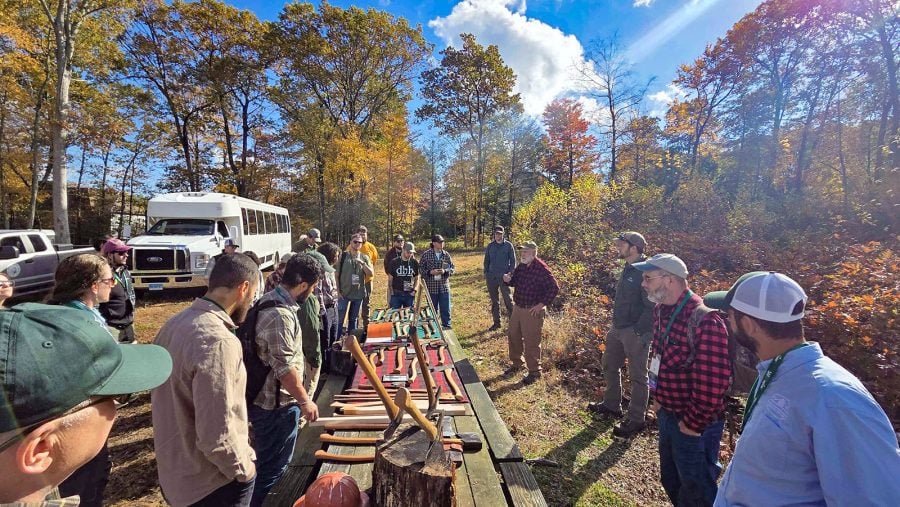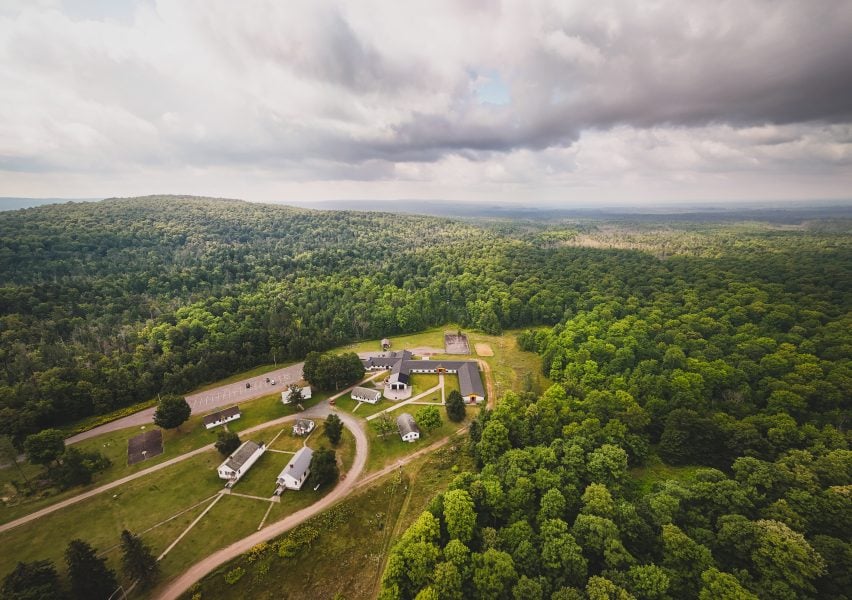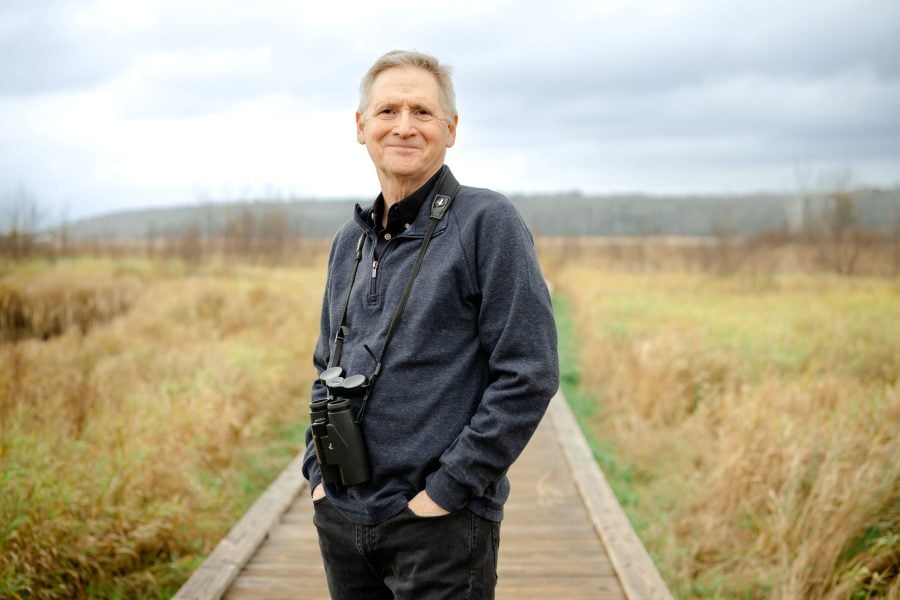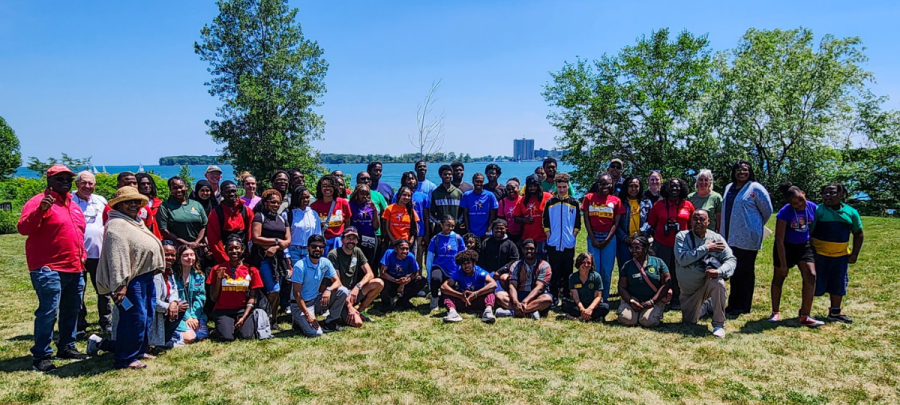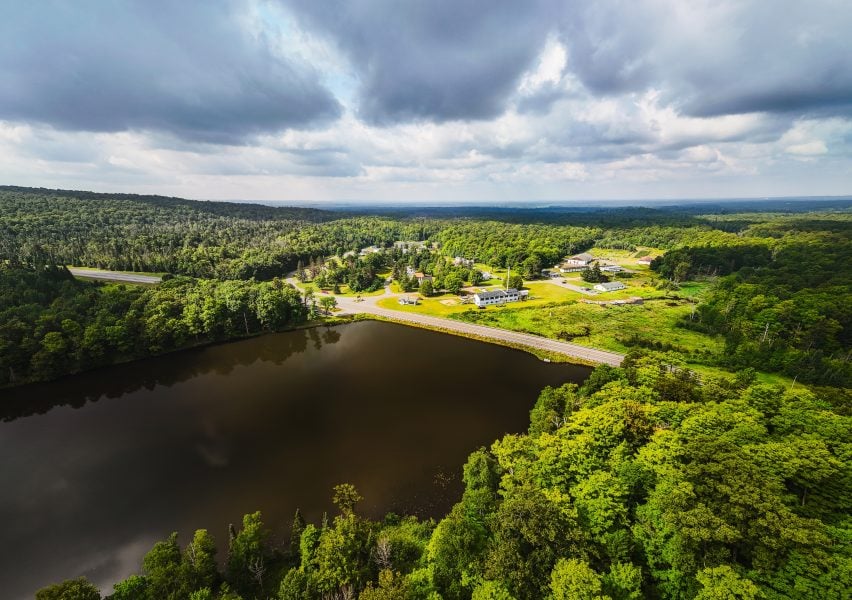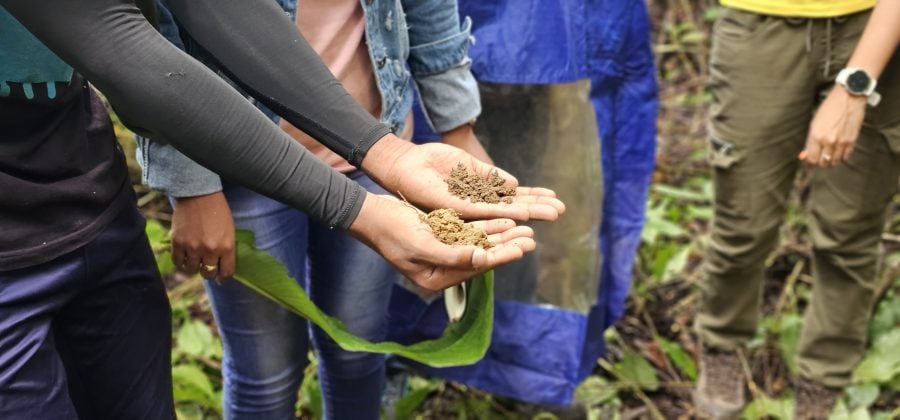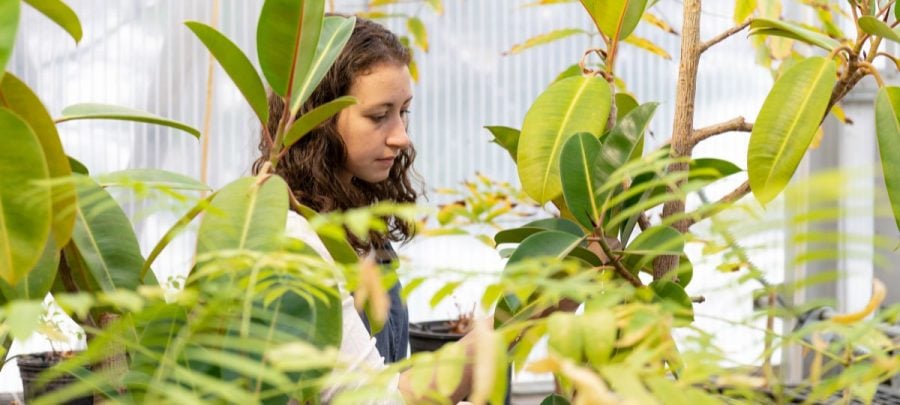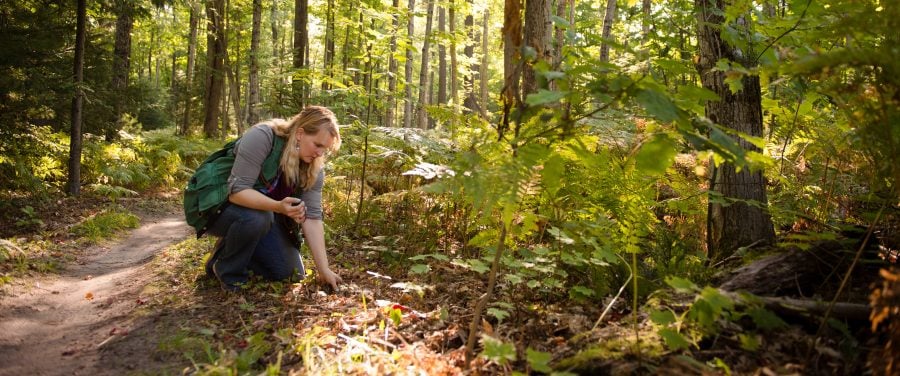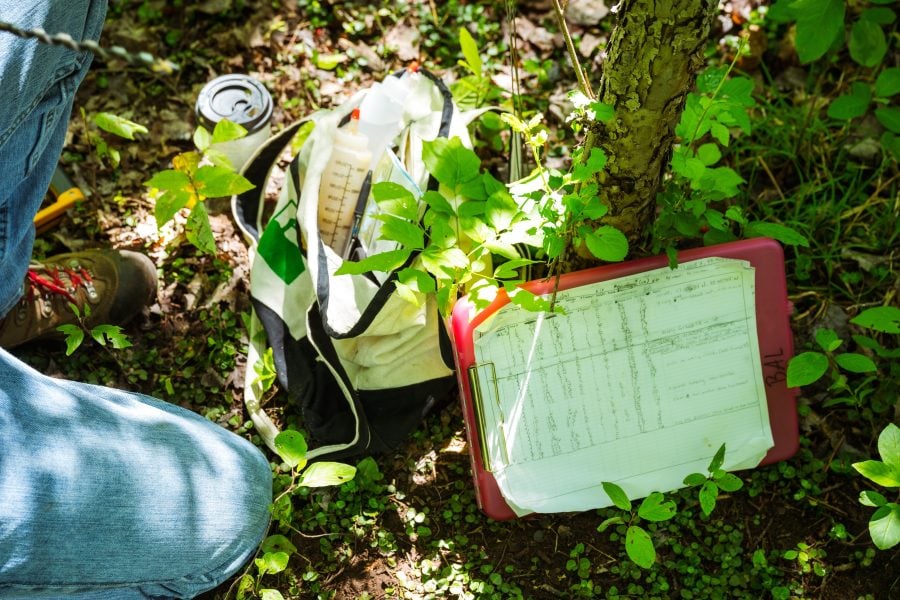
Invasive buckthorn is running rampant in northern forests, including those right here in Michigan’s Upper Peninsula. Curbing the spread of the invasive forms of the species, which include glossy and common buckthorn, is a formidable challenge, but our Husky experts continue to explore and innovate solutions. Their methods encompass everything from natural treatments to herbicide applications.
Researching An Old Problem for Young Forests
Forest science PhD candidate Chris Hohnholt is among Tech researchers investigating countermeasures against the glossy buckthorn invasion. Hohnholt’s research tested the efficacy, ecology, and economics of three glossy buckthorn treatments: hand-pulling, treatment with a glyphosate herbicide, and treatment with a triclopyr herbicide.
